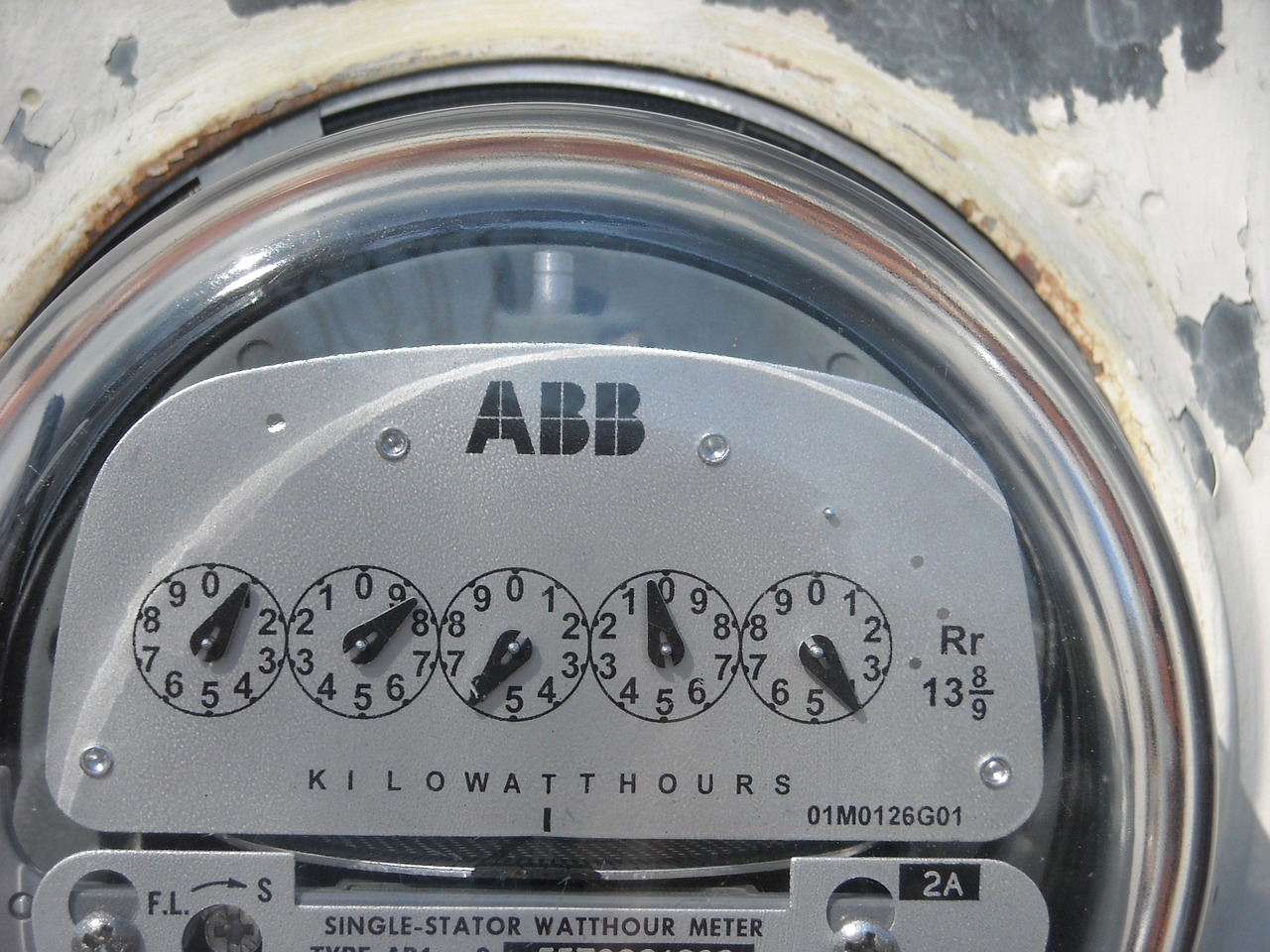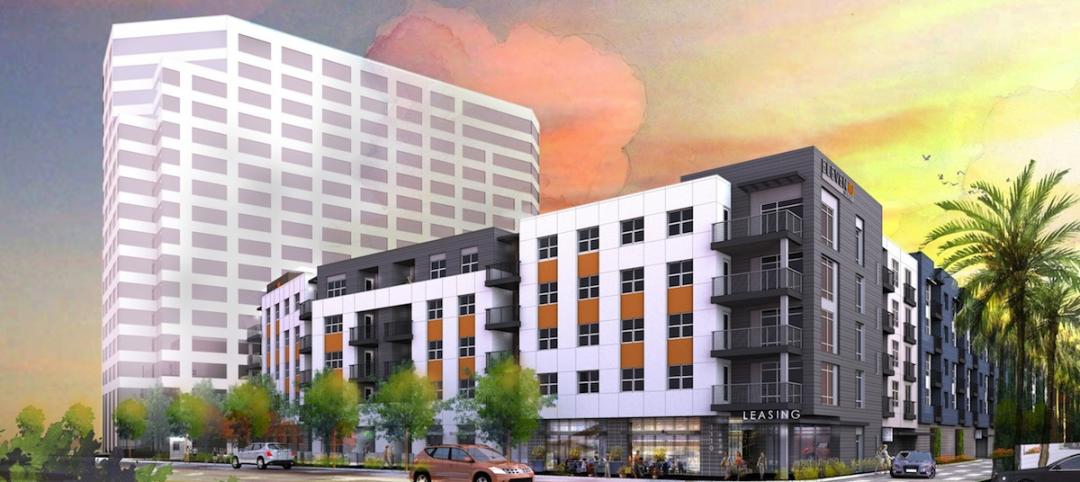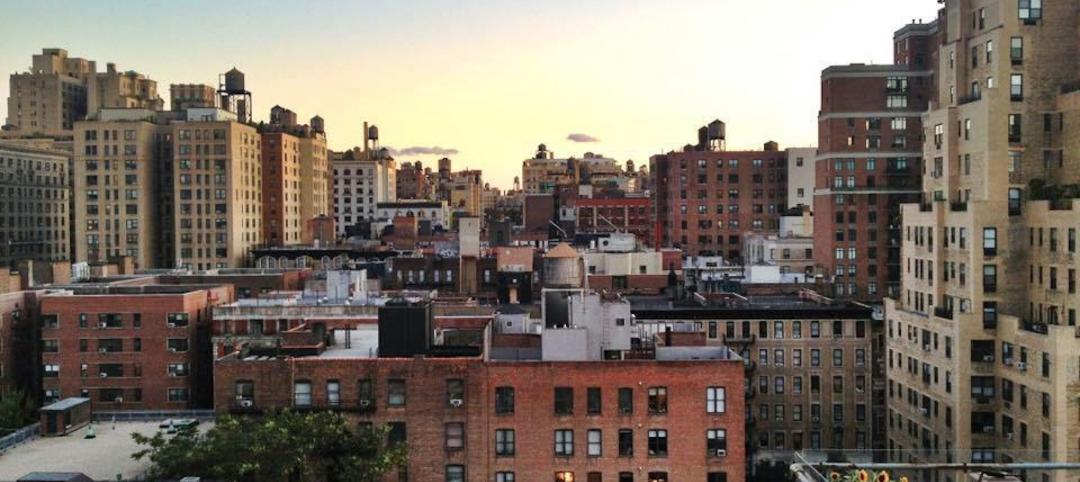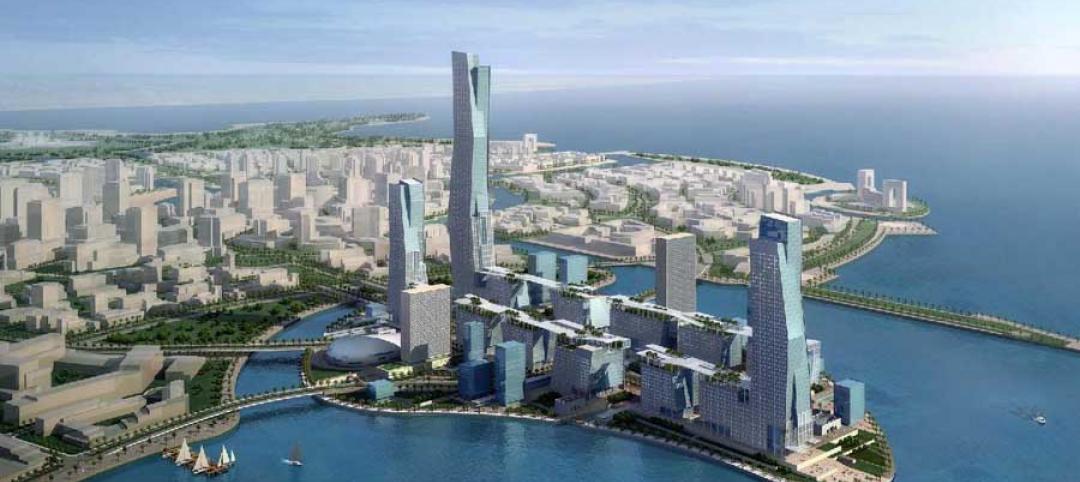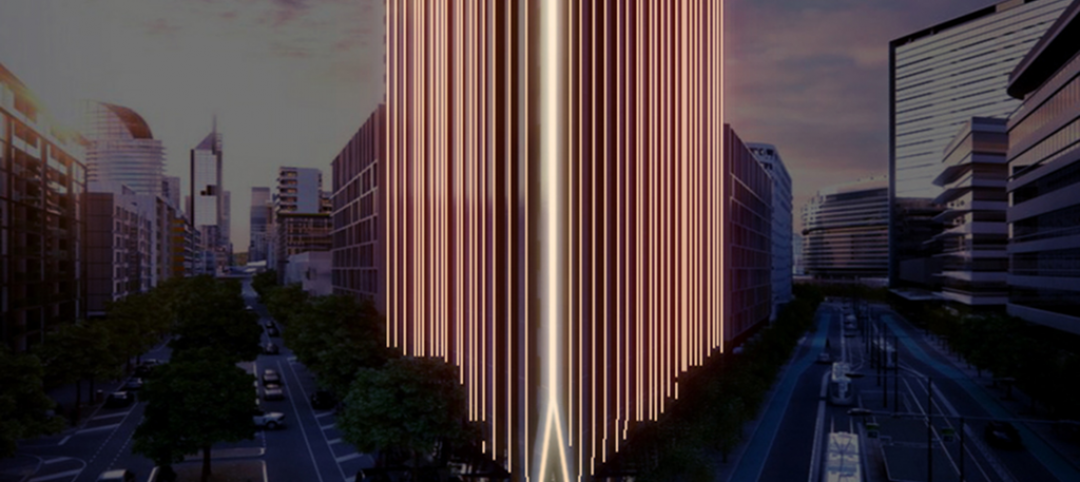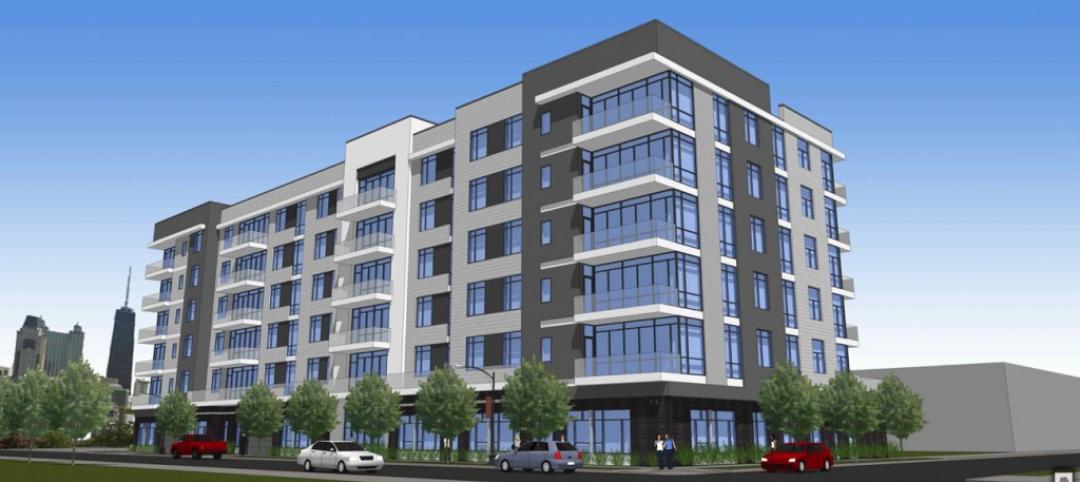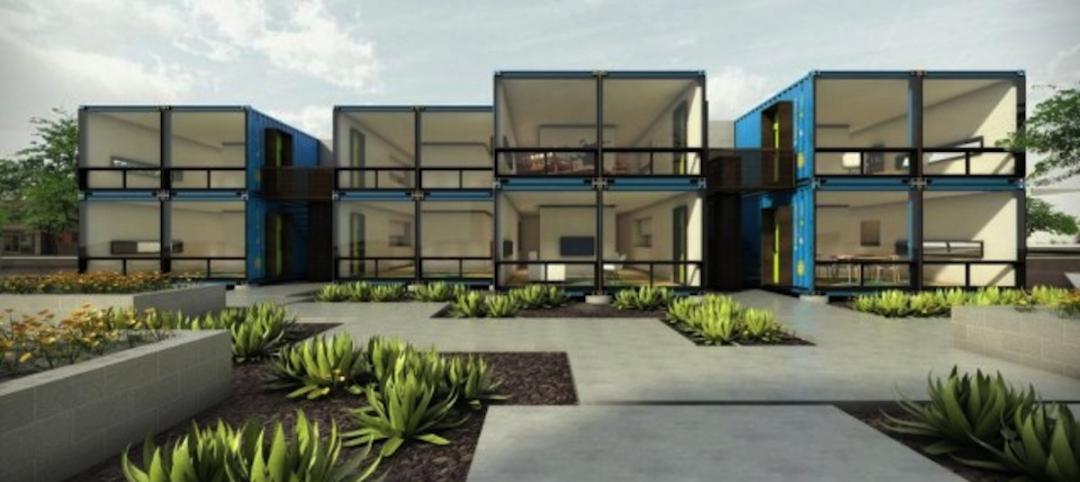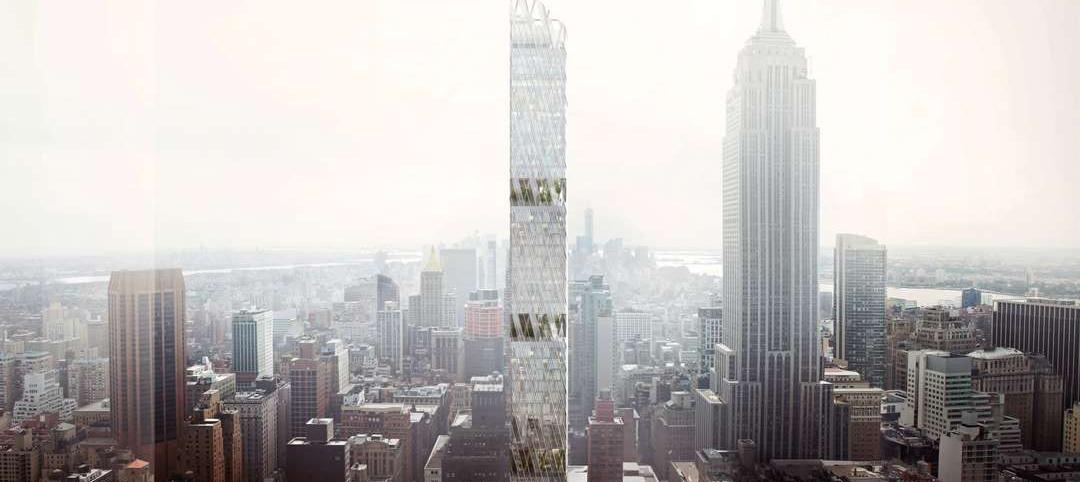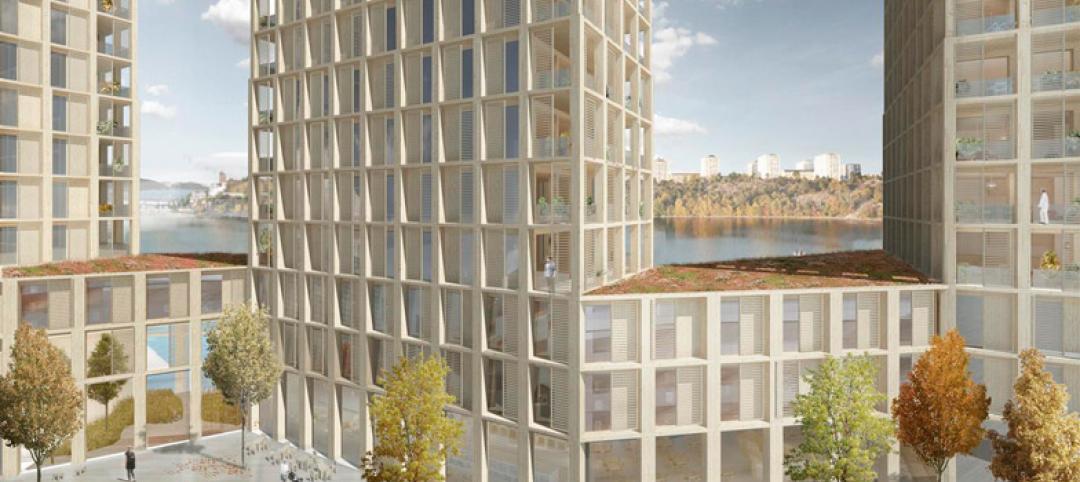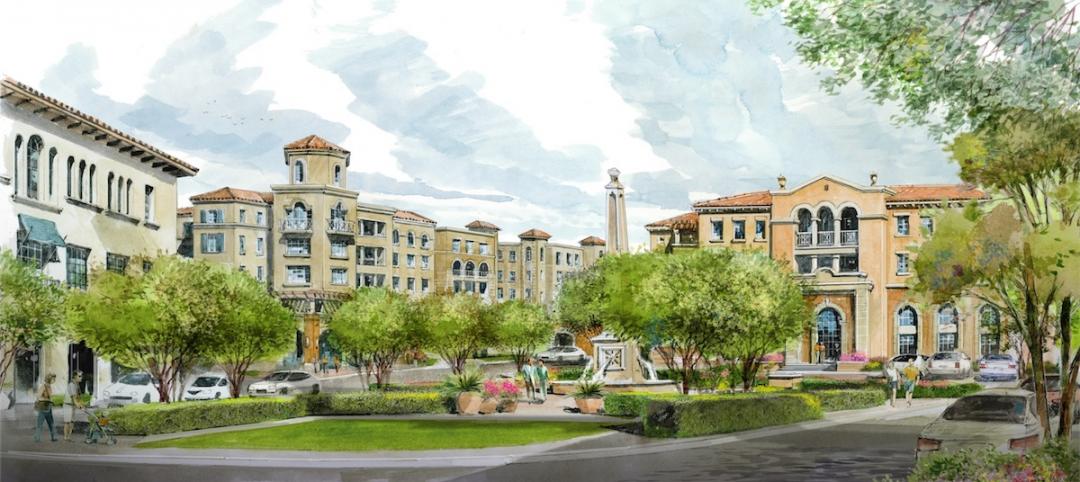Starting in 2024, the electric bills of most Californians could be based not only on how much power they use, but also on how much money they make. Those who have higher incomes would pay more; those with lower incomes would see their electric bills decline.
A law passed last year in California requires state utility regulators to devise a plan for charging customers income-based fixed fees as part of their electric bills by July 2024. If California goes ahead with this plan, it would be the first state to enact such a change.
The income-based billing concept has provoked strong debate as advocates and opponents argue over whether such a measure would encourage or discourage adoption of sustainable technologies such as solar panels backed with battery systems, electric vehicles, and heat pumps. Opponents include supporters of green technology who fear such a change would discourage customers from investing in new technology to reduce their electricity usage, according to a report in Grist. They say higher costs spur more people to use electricity more efficiently.
Supporters of income-based electric bills say just the opposite: reducing utility costs for lower income individuals could actually encourage them to use the savings from lower bills to install heat pumps and buy EVs.
A key point in the debate revolves around cost related to things that are not linked to usage such as burying electric supply lines to reduce wildfires. Such expenditures are passed on to all customers regardless of the amount of power they consume.
Both sides can agree on one thing: customers are already fed up with rates that have been rising at three times the rate of inflation in recent years. And, escalating electric bills are almost a certainty in the foreseeable future.
Related Stories
Multifamily Housing | Apr 9, 2015
Multifamily development and transactions haven’t taken a breather yet
Despite predictions about an impending softening in multifamily construction, builders and developers continue to expand their market reach and portfolios.
Multifamily Housing | Apr 8, 2015
Roof air leakage issues in multifamily buildings isn’t just 'hot air' talk
Paladino's Robert Hayes talks about venting regulations in New York and how air leaks can cost residents upwards of $3,000 a year.
Mixed-Use | Apr 7, 2015
$100 billion 'city from scratch' taking shape in Saudi Arabia
The new King Abdullah Economic City was conceived to diversify the kingdom's oil-dependent economy by focusing more in its shipping industry.
High-rise Construction | Apr 6, 2015
Melbourne tower will light up depending on weather
The tower will be illuminated by 164-foot-tall beams of LED light based on weather updates from the Bureau of Meteorology.
Multifamily Housing | Apr 2, 2015
Historic Cabrini Green church to be demolished for tech-focused multifamily development
The infamous neighborhood’s Saint Dominic’s Church “was instrumental in taming a part of the city that grew up from the swamps as a lawless district of vice and poverty,” according to the Chicago Architecture blog.
Modular Building | Mar 31, 2015
Phoenix apartment complex will be made from recycled shipping containers
The eight-unit complex, called Containers on Grand, was inspired by the need for affordable and sustainable housing near the city's core.
Multifamily Housing | Mar 31, 2015
Plans for a new condo tower in New York create a ‘communal ecosystem’ for residents
The conceptual plans for a 700-foot-tall, 65-story condominium tower in New York City were unveiled in early March by its architect, Perkins+Will.
Multifamily Housing | Mar 27, 2015
Bathroom fixtures get a starchitect makeover by Bjarke Ingels
This Danish starchitect elevates the toilet paper holder (and other bathroom accessories).
High-rise Construction | Mar 24, 2015
Timber high-rise residential complex will tower over Stockholm waterfront
The four towers, 20 stories each, will be made entirely out of Swedish pine, from frame to façade.
Multifamily Housing | Mar 24, 2015
High tech automation is one new condo development’s calling card
The Sterling Collection in Arizona will include the first robotic parking garage for a West-Coast residential community.


